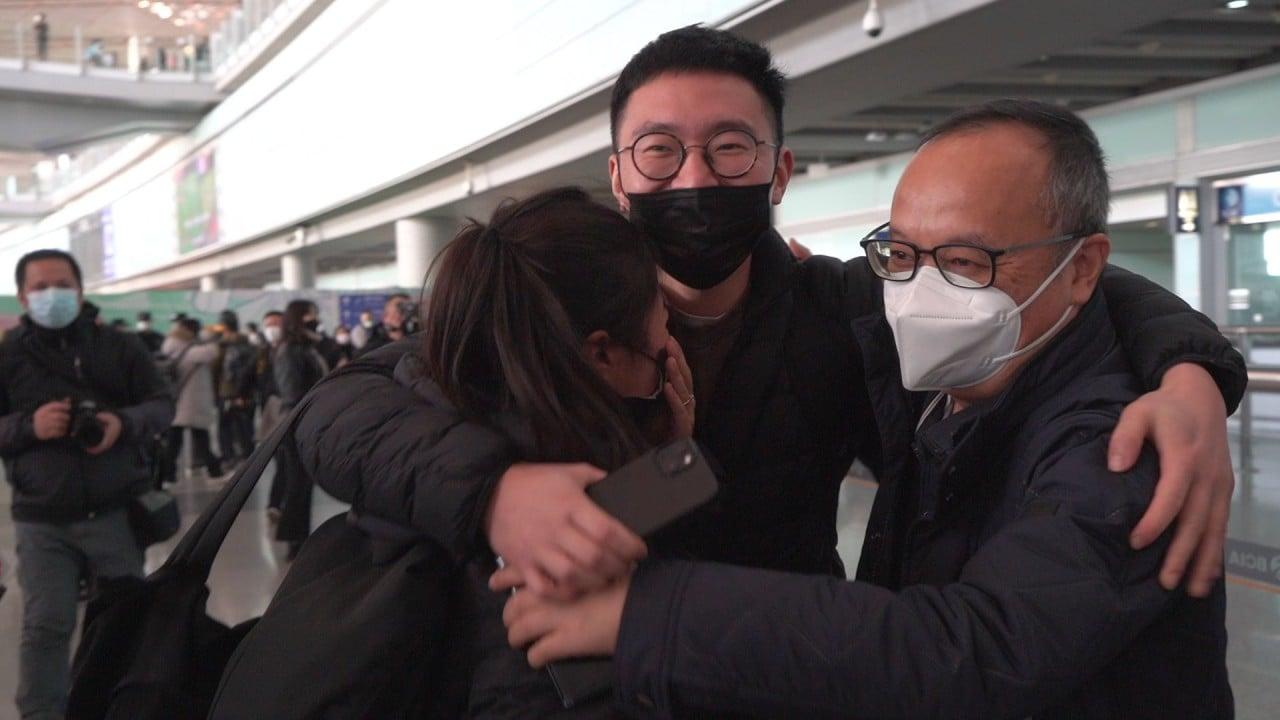
China is battling unprecedented waves of Covid-19 infections after pivoting from its long-standing zero-Covid policy towards living with the virus.
But the death toll remains unknown with Chinese authorities not reporting daily Covid cases since December 25.
The Chinese Centre for Disease Control and Prevention says it will report only severe cases and death numbers will be given just once a month.
China has been accused of under-reporting Covid-19 deaths, something it denies. It also says an evaluation of the true scale of its wave of infections is under way.
On December 30, the last time figures were released, the centre reported 14 deaths from Covid-19 from December 1-29, bringing the national death toll from the virus to 5,247 since the start of the pandemic.
In an interview with state broadcaster CCTV on Sunday, National Health Commission official Jiao Yahui said about 8 per cent of people infected with Covid-19 in China had developed pneumonia.
“The proportion … is still quite low,” Jiao said. “But no matter how low the proportion is, our country has a large population base, so if it becomes an absolute value, it won’t be a small figure.”
Speaking on Saturday, Zhang said it remained to be seen whether Covid-19 would mutate significantly and evade immunity, and scientists should monitor the virus’s development closely.
With China reopening its borders and dropping all quarantine rules after three years of isolation, many have been worried about new variants imported from abroad.
Numerous cities in the country have reported a mix of Omicron strains, including BF. 7 and BA. 5.2, now the dominant varieties in China.
Chen Cao, a researcher at the disease control centre, said China had detected 16 cases in the past five months of the new XBB variants, which are dominant in the United States, Europe, Singapore and India.
Chen said most people infected with either BA. 5.2 or BF. 7 would soon produce antibodies that protected against XBB variants.
“The protective effect may last for about six months for some individuals. Therefore, at this stage, XBB will not be common.”
Zhang, the infectious diseases specialist, said that while the disease was transitioning from a pandemic to endemic, local governments should stock up on antiviral drugs to reduce the severity of cases and the mortality rate.
“There must be medicine available at grass-roots level [hospitals] to prevent runs on second- and third-tier medical facilities,” he said.
The latest official data – released on December 14 – indicated that just 86.6 per cent of people aged 60 and above were fully vaccinated with two shots of a vaccine, barely changing from 85.6 per cent in August.
And only 69.8 per cent of people aged 60 or over had received three doses of a Covid-19 vaccine, with that figure falling to just 42.4 per cent for those aged 80 and over.


